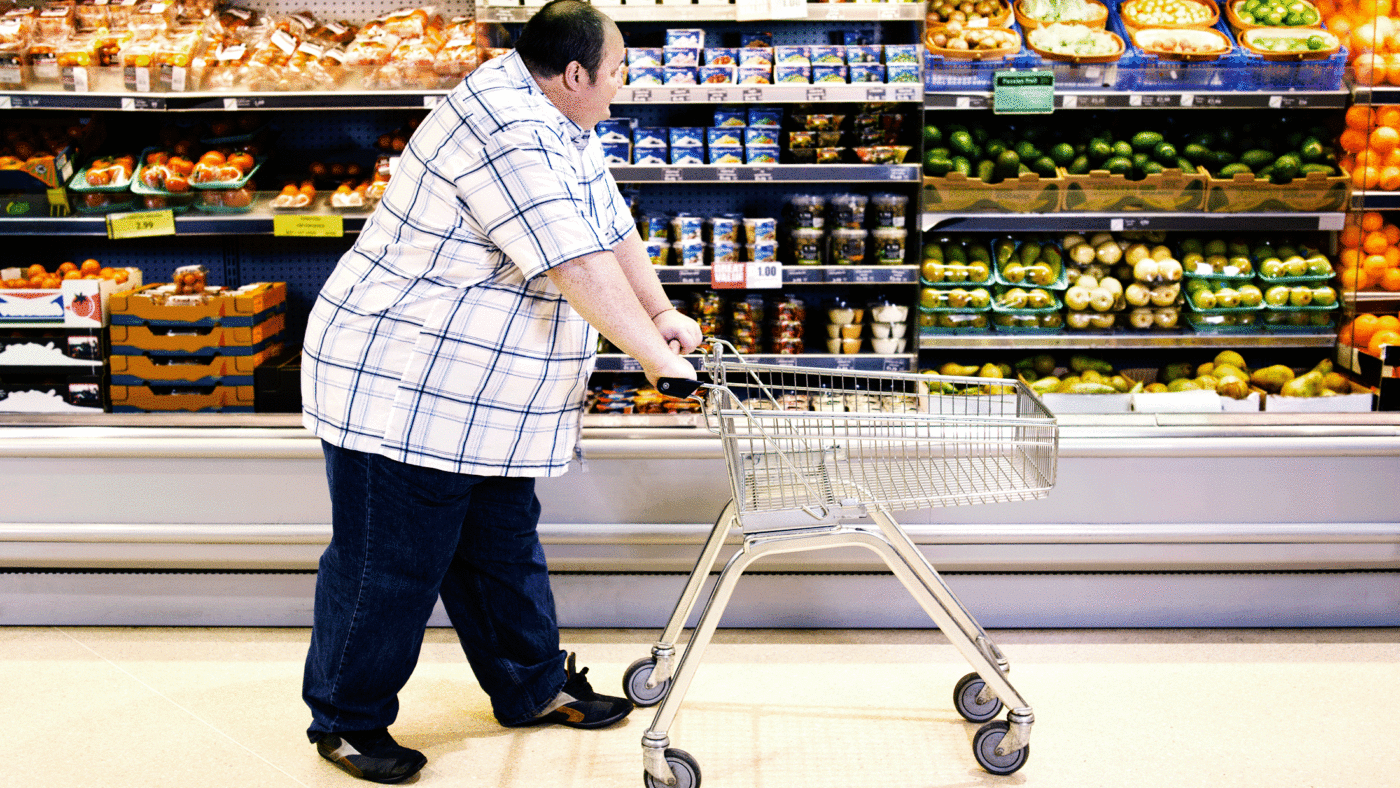The vaccine rollout may have stalled but Britain is still world-leading in at least one area: obesity and nannying policies designed to squash it.
A sugar levy on soft drinks. A ban on junk food advertising during the day and online. A £100m fund to ‘support weight management services’. A patronising rewards scheme which hands out points when people make healthy choices like buying fruit and vegetables. Perhaps even a hefty tax on all sugar and salt. There’s no shortage of ideas for slimming Britain down swilling around in Westminster.
But all these policies suffer the same flaws. None work and all will damage us, in various ways.
The junk food ad ban, for instance, will hamstring the food, advertising and broadcast sectors and remove just 1.7 calories from children’s diets per day – per the Government’s own analysis. People responded to Theresa May’s soft drinks sugar levy by finding creative ways to consume the same amount of sugar as always, including switching to other high-sugar, high-calorie drinks like fruit juices or resorting to own-brand alternatives to their usual choices, which contain the same amount of sugar but are cheap enough to offset the artificial price increase. Yet politicians are still working from the tired ‘tobacco playbook’, trying to solve socio-political ills by taxing and regulating them out of existence.
Public health policy never seems to be evaluated on its success or failure. The Government presses on with these measures even when they fall flat because it views saving its citizens from cellulite as a sacrosanct public good. If ministers could stop obsessing over centralised anti-obesity policies for just a moment, they would see that the market is producing plenty of solutions of its own.
For instance, NICE announced this week that the NHS will soon beginning offering inclisiran, a ‘game-changing’ new anti-cholesterol drug which steps in where other drugs, like statins, have failed in order to reduce harmful fats in the blood. NHS England estimates it could save 30,000 lives over ten years.
If the Government really wants to make Brits less fat – and if Boris Johnson was serious when he promised in 2019 to ‘roll back the continuing creep of the nanny state’ – it should scrap its tax-and-ban approach, invest in science and allow free-market innovations like inclisiran to take the lead in the fight against obesity.
Instead we have the deranged plan laid out by food tsar and Leon owner Henry Dimbleby in his ‘National Food Strategy’ to slap a stifling tax on all sugar and salt. Make no mistake, Dimbleby’s plan would be an unmitigated disaster. It would do nothing to combat obesity and would instead only make the poor poorer. Adding £3.4bn to our shopping bills every year and pricing the poor out of pleasure is perhaps the polar opposite of ‘levelling up’.
Obesity is shaping up to be our next pandemic in more ways than one. To begin with, we are getting fatter. Much more worryingly, the Government is continuing to set new precedents for intervention in our private lives.
The state is taking it upon itself to make our lifestyle decisions for us, and depriving the poor of pleasure and choice in the process – that’s a big, fat mistake.
Click here to subscribe to our daily briefing – the best pieces from CapX and across the web.
CapX depends on the generosity of its readers. If you value what we do, please consider making a donation.


